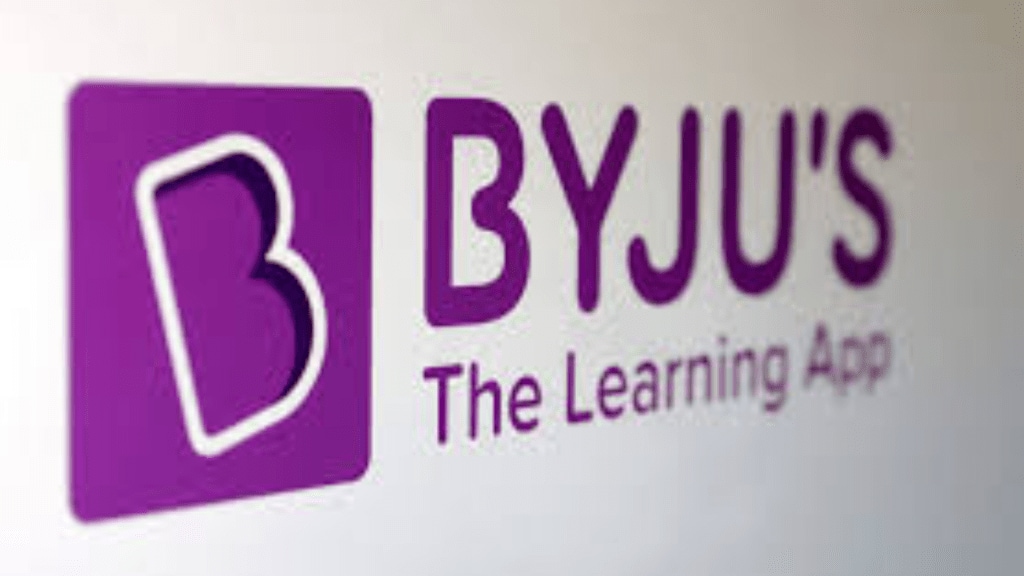The latest in a series of crises plaguing Byju’s has posed an existential threat to the ed-tech giant and serves a cautionary tale of its beleaguered founder, Byju Raveendran. Over time, the company has cut jobs in multiple rounds of layoffs, seen its valuation drop drastically, and its investors have accused the former tutor with dreams of turning into a larger-than-life entrepreneur of corporate governance lapses, and have sought his removal. Now, the National Company Law Tribunal (NCLT) has admitted insolvency proceedings against Byju’s, which has appealed to the appellate tribunal. The NCLT order allowed the Board of Control for Cricket in India (BCCI) to start proceedings against Byju’s parent firm, Think and Learn, over failure to pay dues relating to a sponsorship deal. Raveendran has admitted in a court filing that the legal action could compel thousands of Byju’s employees to quit and lead to a potential closure, while the company’s assets have been frozen and its board stands suspended.
Byju’s is a classic example of a business led by a maverick and built on a flawed model. Raveendran, who was once hailed as the poster boy of the Indian start-up industry, aimed to revolutionise pedagogy in schools and colleges, and became a trendsetter for the ed-tech sector in the country. However, the rush to grow led to unwise decisions such as the acquisition of Whitehat Jr, a coding platform in 2020 in a deal worth $200 million. Two years later, Byju’s began to wind down the subsidiary. Another asset that it had acquired, children’s educational game-maker OSMO in 2019, also turned into an underperforming subsidiary contributing to doubling of losses. True, acquisitions such as Aakash Educational Services Ltd, a chain of physical coaching centres, and the Singapore-based higher education platform Great Learning have paid off with income growths.
However, the cardinal mistake Byju’s made was hedging its bet on the Covid-19-induced rapid expansion. No doubt, the lockdown phase propelled online learning and provided a golden opportunity for the growth of the ed-tech sector. But it was ill-advised for a company like Byju’s to presume a permanence of the pandemic reality dictated by online learning. In 2022, Byju’s valuation peaked at $22 billion, as it offered both online and offline courses. The valuation has nosedived to a mere $25 million earlier this year. In fact, post-Covid, a slowdown in growth, layoffs, restructuring, and a funding crunch have been experienced by ed-tech players in general. The quest for eye-popping valuations, promoter-centric cultures, poor corporate governance including lack of transparency and weak disclosures, etc., are issues that are not confined to Byju’s or even the start-up industry alone.
As of now, the Karnataka High Court will hear Byju’s case on Monday. But bankruptcy proceedings will result in Raveendran losing control of the company to an interim resolution professional. Byju’s fall from grace will hit investor confidence further in ed-tech companies, especially at a time of slowing demand for online learning and continuing losses. While not an exception, Byju’s troubles have been a bad advertisement for Indian start-ups, which are estimated to account for 20-25% of the jobs generated in the last decade. If indeed Byju’s manages to secure an out-of-court settlement with the BCCI, Raveendran, a former maths tutor, should shed his entrepreneurial ambitions and go back to his roots. Given his penchant for harakiri, that, however, may be a tall order.

